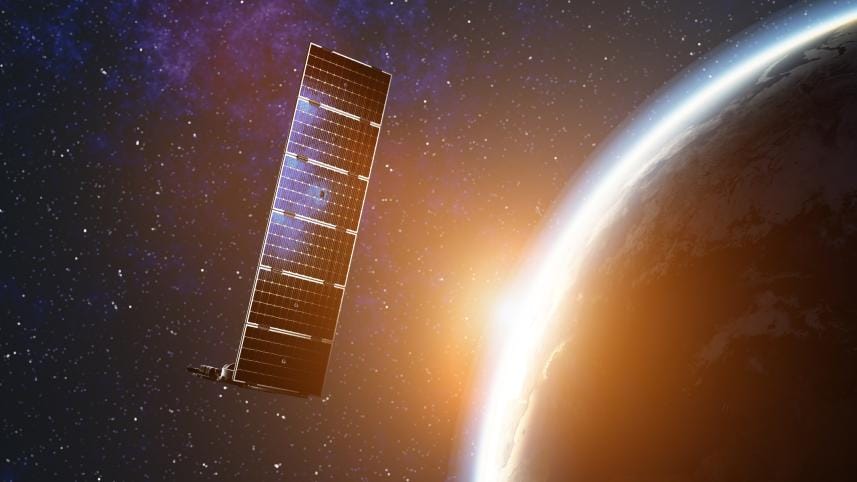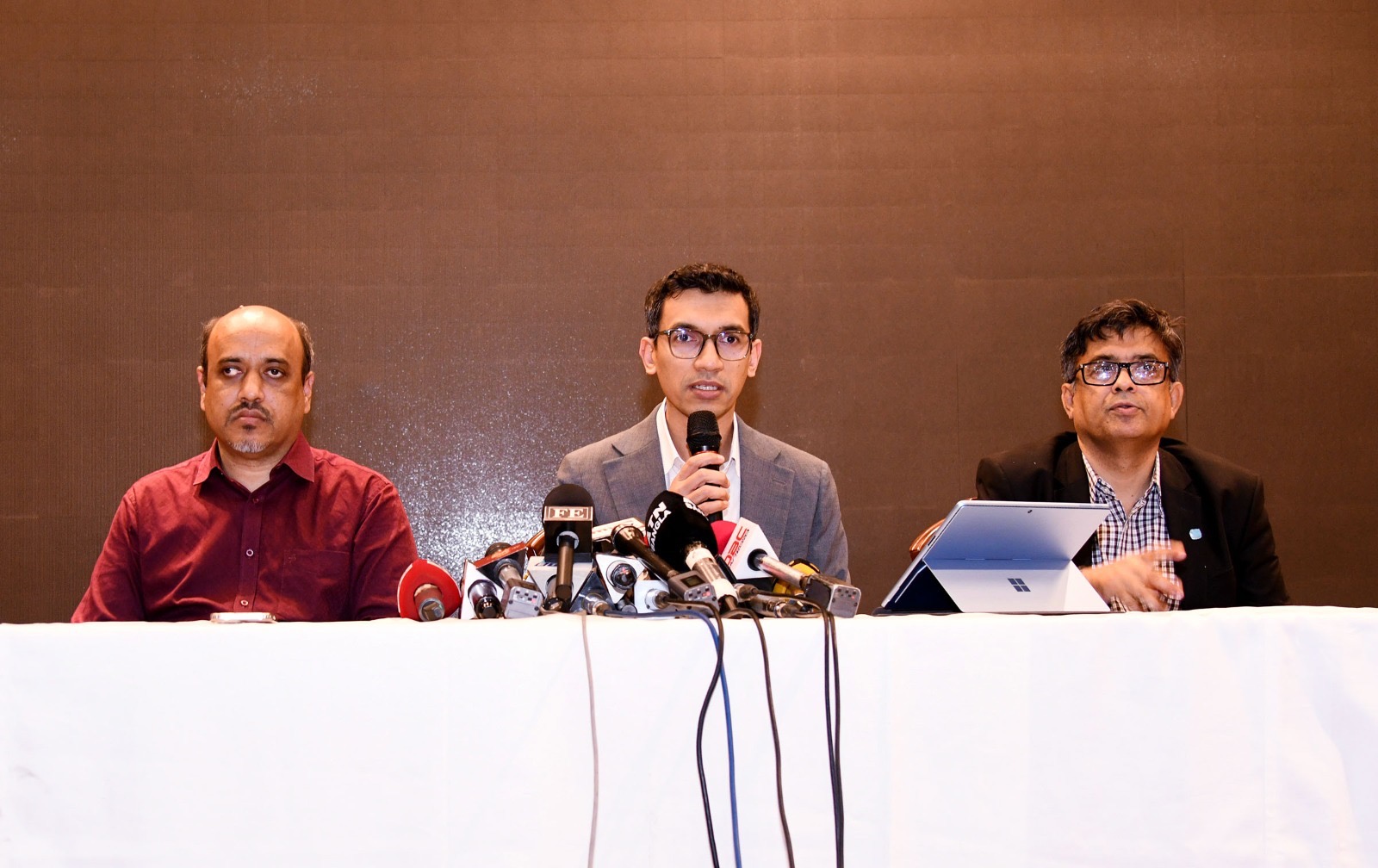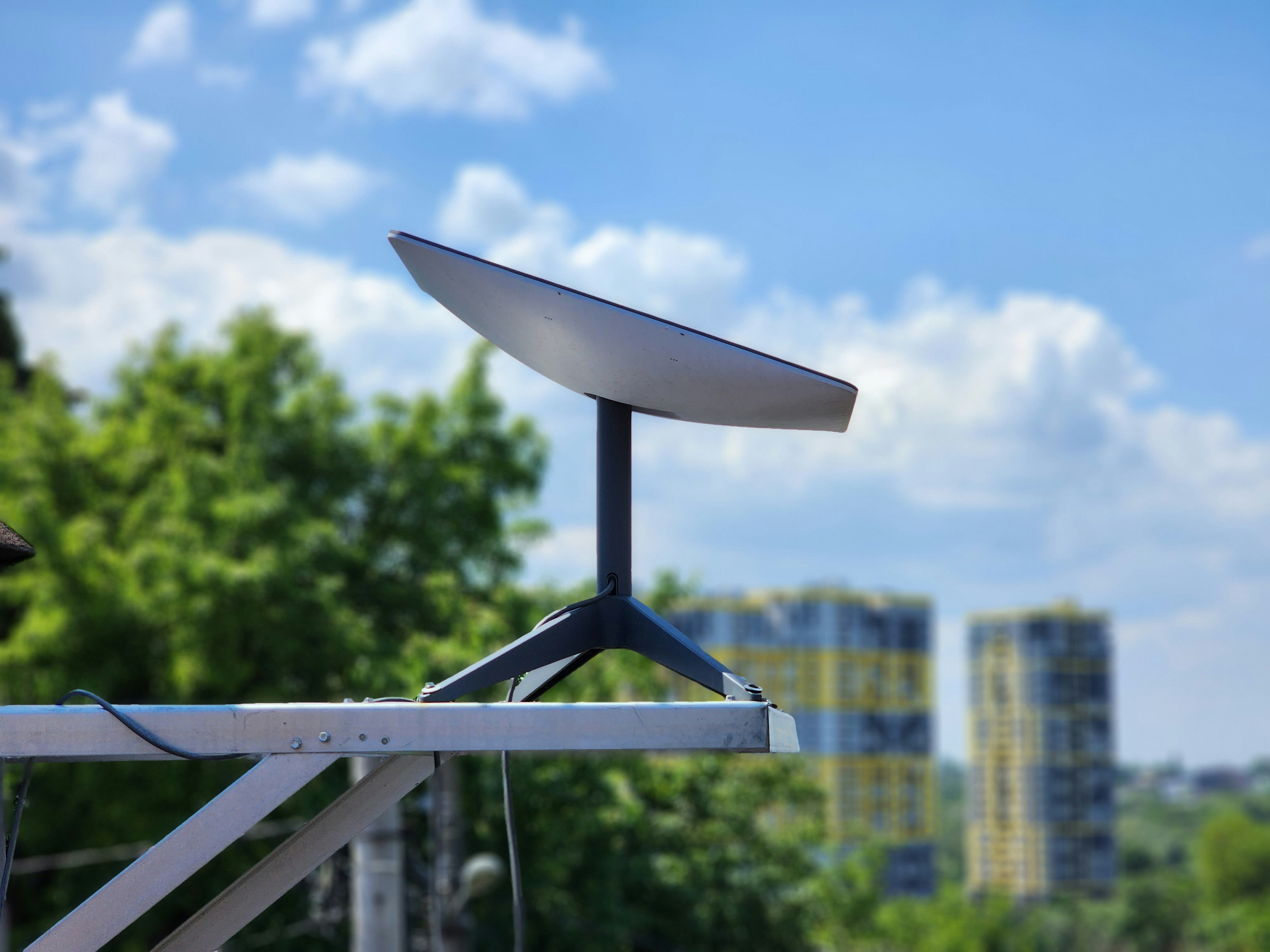Starlink to use local broadband gateway

Starlink, the satellite internet service owned by SpaceX, will be required to route its commercial broadband traffic through a local broadband gateway or international internet gateway (IIG) when it begins commercial operations in Bangladesh, the chief adviser's office said yesterday.
The requirement is in line with the country's Non-Geostationary Satellite Orbit (NGSO) guideline.
In a statement, Chief Adviser Muhammad Yunus directed authorities to ensure Starlink's commercial launch within 90 days. During its trial broadcasts, the service relied on a foreign satellite broadband gateway.
Chief Adviser Muhammad Yunus directed authorities to ensure Starlink's commercial launch within 90 days
Using a local IIG is expected to enhance regulatory oversight and facilitate smoother integration into the country's digital framework.
Starlink's entry into Bangladesh is anticipated to expand internet access in remote and underserved areas, potentially transforming the digital landscape.
Meanwhile, Starlink will conduct a demo testing of its internet services on April 9 at the upcoming Bangladesh Investment Summit, Ashik Chowdhury, executive chairman of Bangladesh Investment Development Authority (Bida), said at a press briefing on March 23 at the Foreign Service Academy in Dhaka.
In October last year, the Bangladesh Telecommunication Regulatory Commission (BTRC) drafted guidelines for satellite internet service operators, permitting wholly-owned foreign companies to obtain licences -- paving the way for Elon Musk's Starlink and similar companies to enter Bangladesh.
The guidelines are titled "Regulatory and Licensing Guidelines for Non-Geostationary Orbit (NGSO) Satellite Service Operators in Bangladesh".
However, the guideline has yet to be published.
NGSO satellites are not stationary relative to the Earth's surface; they orbit the Earth at a lower altitude and are faster than geostationary satellites.
Among the biggest companies vying for the market is SpaceX, which provides satellite internet coverage to more than 70 countries, with approximately 5,400 Starlink satellites currently in orbit.
British company OneWeb has launched over 600 satellites, completing its first-generation constellation to provide global coverage. Meanwhile, Jeff Bezos's Amazon is also expanding into the satellite internet market with Project Kuiper, aiming to deploy more than 3,200 satellites in the coming years, with the first test satellites already launched.
Starlink's pricing varies significantly across countries due to taxes, regulations, and market conditions.
In the US, a monthly service costs around $120 while in countries like Nigeria and the Philippines, it is around $50.



 For all latest news, follow The Daily Star's Google News channel.
For all latest news, follow The Daily Star's Google News channel. 

Comments